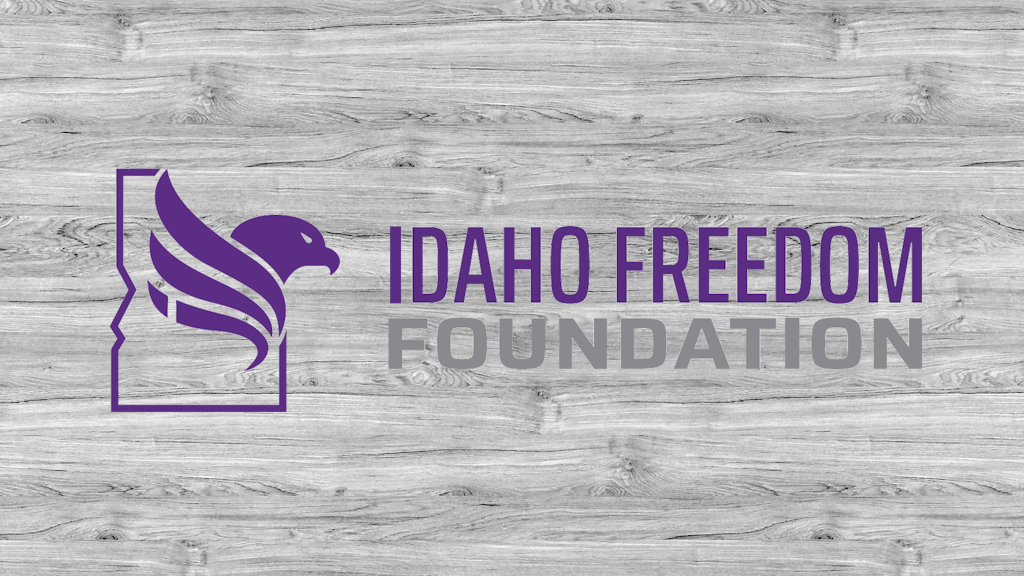By Niklas Kleinworth
Ranked choice voting will cost Idahoans more than merely their time and patience in managing its complexities — about $40 million more, in fact. This news comes to the Legislature from the Office of the Secretary of State (SOS), revealing the true costs and practical challenges of the new proposal up for consideration before Idaho voters this November.
Idaho has a tradition of local control over election decisions. Each county has the power to decide how best to administer their elections based on their needs within the confines of approved voting systems and state law.
States like Alaska have implemented ranked choice voting systems similar to the proposal being considered in Idaho. However, the differences between Idaho and these other states pose substantial costs to the Gem State if it is to avoid compromising election integrity.
Idaho’s existing approved voting systems cannot accommodate a ranked choice election. This will require counties to purchase new voting equipment. The SOS letter estimates this could cost taxpayers up to $40 million.
Further, the ranked choice voting scheme will require additional spending to support voter education in the new system.
The letter notes that “shifting from selecting one candidate to ranking the preference among four candidates is a significant enough change that it would not be intuitive to all voters.” In Alaska, their elections office spent $3.5 million to educate approximately 594,000 voters. Idaho has just over one million voters. Assuming the same cost per voter, a statewide, comprehensive voter education effort will cost nearly $5 million.
The SOS letter also notes other costs that are difficult to quantify. One challenge under a ranked choice voting system is Idaho’s decentralized administration of elections would prevent expedient tallying of races that cross county lines.
The Secretary’s letter cites there was a recent change in Idaho law barring voting systems from being connected to the internet. “An industry best practice,” he notes. This complicates the election process and prevents timely reporting of election results in a ranked choice system.
The costs described in the SOS letter are far above the original estimates of $1.6 million. This means the Secretary’s estimates are roughly 25 times higher than expected. A massive increase that doesn’t even capture all those costs that can’t be quantified yet.
The original fiscal note on the initiative could not contemplate purchasing new equipment, revising tabulation patterns, and updating software. The fiscal note also did not consider the cost of a public awareness campaign.
In many ways, it seems there is more to the ranked choice voting — or, more properly termed, the jungle primary — initiative than meets the eye. Proponents of the initiative hide the glaring issues with such a system under a façade of “open primaries.” It is telling that the costs of the proposal were grossly understated. What other unpleasant surprises does the scheme have for us? Let’s not find out.
Niklas currently serves as the policy director at the Idaho Freedom Foundation, a public policy think tank located in the state capital of Boise. There, he specializes in data analysis and public policy research that focuses on healthcare, science, technology, and finance. He is an advocate for public policy solutions that are fiscally efficient, limit government, and expand the free market. In his free time, you can find him reading, hiking, mountain biking, and trap shooting with his beautiful wife and daughter.
About Idaho Freedom Foundation
The Idaho Freedom Foundation, Inc is a a 501c3 non-profit organization. It is a state-focused, free-market think tank dedicated to Idaho issues. IFF's mission is to defeat Marxism and socialism by building a culture of liberty around America's founding principles so Idahoans can prosper. Learn more at IdahoFreedom.org














One Comment
Comments are closed.